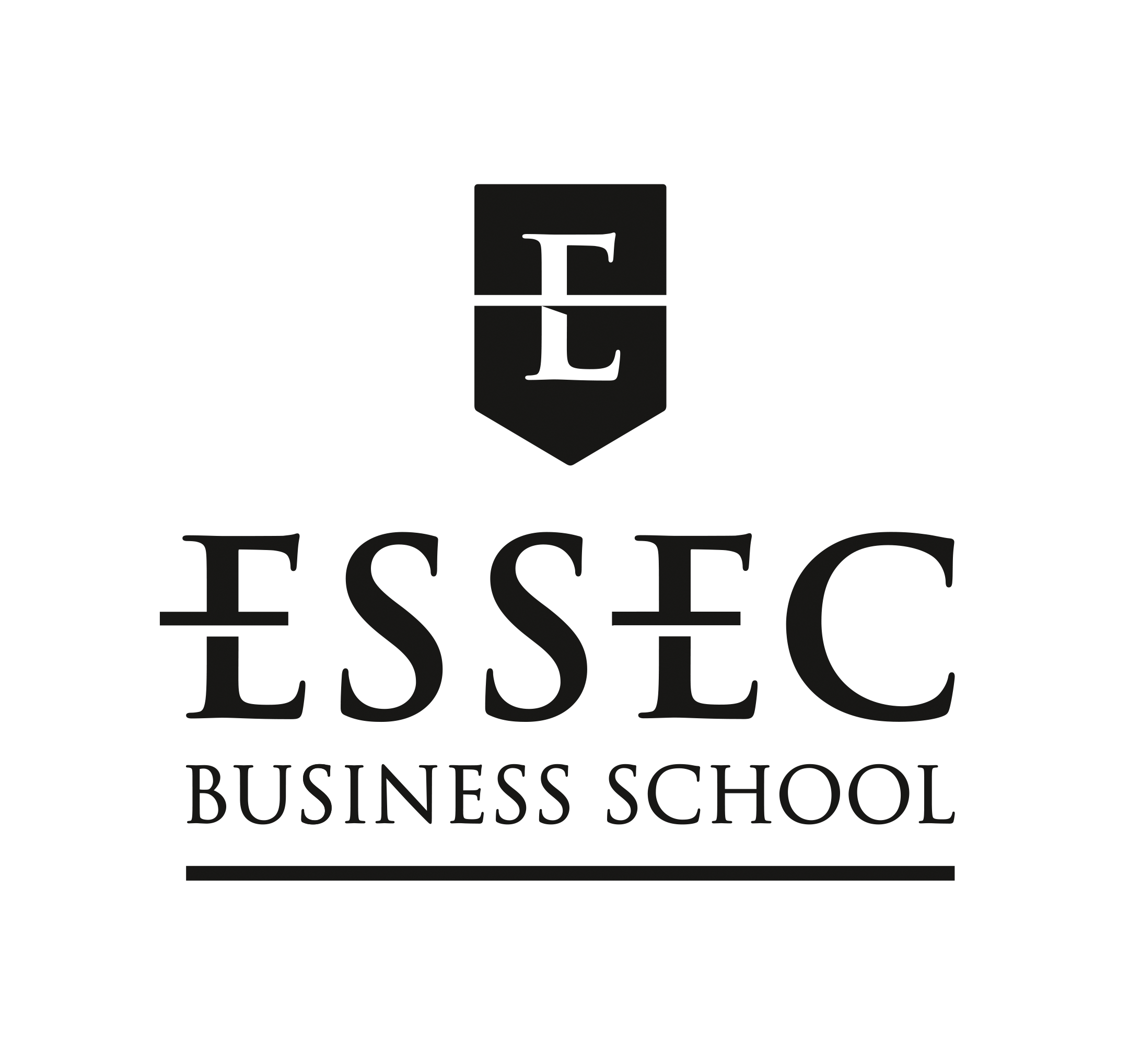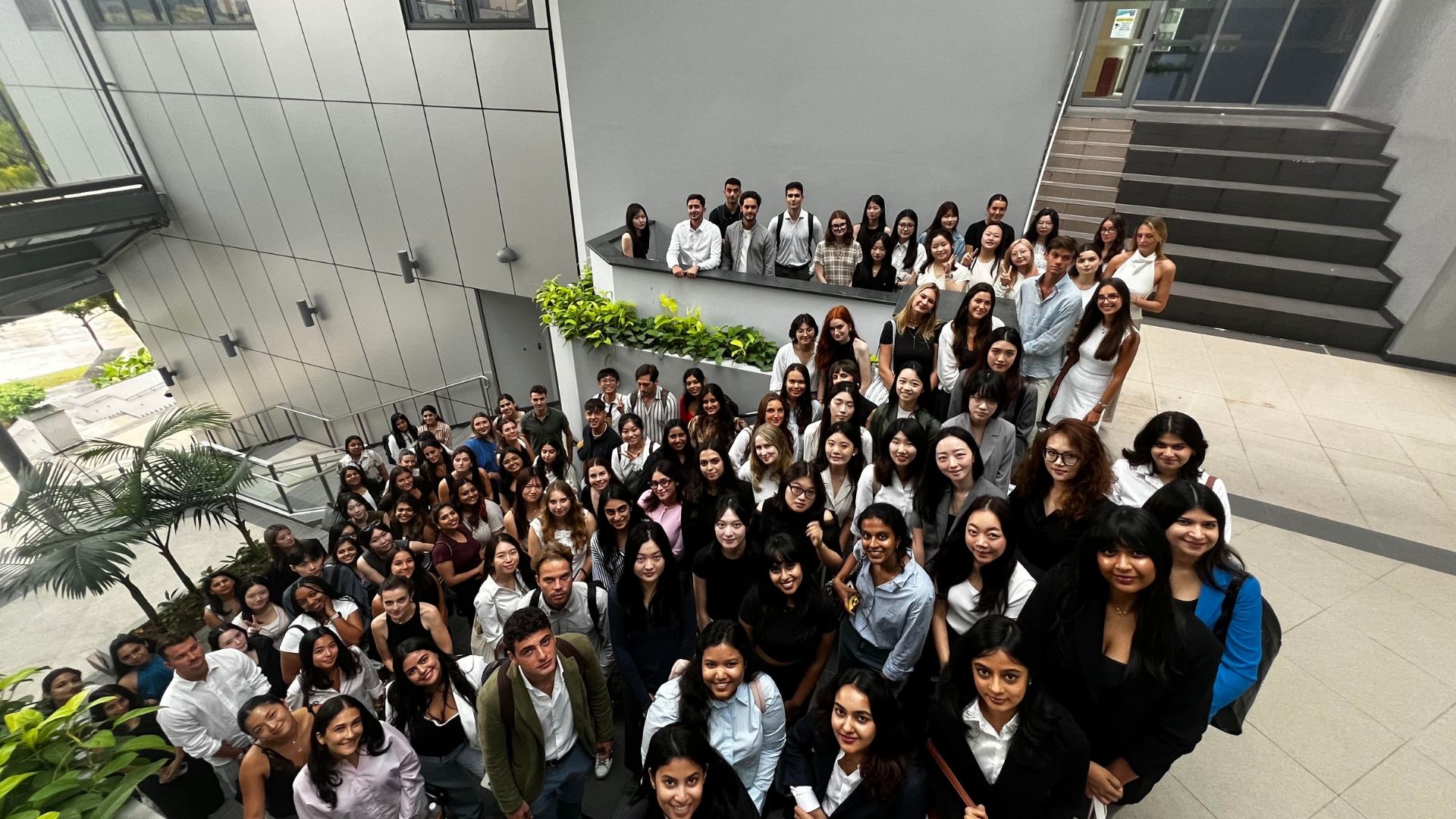Like other ESSEC Global Bachelor of Business Administration (GBBA) freshmen, Vivien Cotier and Jiayin Cai faced one big challenge in their first year: Securing a three-month internship for the summer.
Despite it being the first time they were applying for professional work in Asia, they succeeded: Vivien scored work as a project management intern at Sanofi, Jiayin at Bosch, and Eun Li Seo at a local healthcare company—all in Singapore.
They credit their ability to do this to the comprehensive career preparation at ESSEC Business School and the lessons they have learned.
1 | Understanding What Employers Want
Most important for them was to understand what employers looked for when reviewing one’s Curriculum Vitae (CV) and during interviews.
This is where the CV writing and interview preparation workshops came in.
“It was most valuable for me to learn how to highlight the skills I had and ensure that my skills and qualifications matched what the employer was looking for,” Eun Li shares, adding that the templates and examples provided by the facilitator were beneficial.
On the other hand, Vivien benefited from understanding differences in CV format when applying for roles in Asia and Europe.
When applying to roles in the former, one should have a more linear, formal approach, but for the latter, there is more room to be creative, he explains.
His personal favorite was learning about the types of questions to expect during an interview and how he should respond.
“As students, we’re used to preparing for interviews to get into business school, but not for interviews in a professional setting,” he elaborates.
“As such, although I knew that when I was asked about my qualities, I should give an example to prove it, but I didn’t know how to do that until the workshop,” he says.
2 | Refining their Personal Pitches
Particularly useful was also that students got a chance to practice their interview answers in front of their classmates.
“I could see which answers worked from how they reacted, and hearing my classmates tell me what they thought I should and should not say helped me change how I tell my story,” Vivien shares.
Eun Li agrees. “The mock interviews helped me recognize my strengths and weaknesses, so I knew what I needed to practice and improve,” she says.
“As a result, I felt I could present myself more professionally and relaxed and also gave better answers to the basic interview questions.”
3 | The Importance of Taking Initiative and Feedback
Arguably, simply needing to apply for a job can teach students volumes about having the courage to reach out—despite the risk of rejection or negative feedback.
Case in point: Vivien applied to around eight companies, and the initiative he took to reach out to his network eventually landed him his role at Sanofi.
“There are many opportunities not found on job search platforms, and you need to network to open doors,” Jiayin echoes, noting that besides understanding the value of networking, she also learned how to do it: “When networking, we should always ask questions that facilitate a two-way conversation,” she says.
In addition, she found that when it came to getting feedback, it was most beneficial to have a one-on-one session with the GBBA Career Services Manager, Cerella Sim.
“Cerella was very patient and gave me many helpful points to improve my CV,” she recalls.
Eun Li shares these sentiments. “Cerella helped me refine the language and phrasing on my CV, which I believe significantly improved the quality of my application—I’m most grateful to her for being so available to help,” she says.
4 | The Value of Gaining Internship Experience
Reflecting on the internship search process, Jiayin notes that her biggest concern was finding work that would be meaningful for her future. After all, given how students may need more experience, it is common for them to secure their dream internships in their first year.
She, Vivien, and Eun Li were no different, but having completed their first stints, all testify to how their experiences have added to their professional capabilities, especially in improving their communication.
“My three months in Sanofi taught me how to work with people in Vietnam, Japan, Tunisia, Singapore, and Hong Kong—they work differently from people I’ve met in France, and now I’ll know how to handle it,” Vivien declares.
His recommendation for a first internship is to be open-minded. “View it as a time to learn how the workplace functions and to communicate with different people,” he advises.
RELATED POSTS
Building a Personal Brand While You Study
How students use LinkedIn, blogging, or speaking engagements to stand out.
Finding Your Fit: How ESSEC Asia-Pacific Career Services Help Global BBA Students Build Meaningful Career Paths
As Manager of Career Services at ESSEC Asia-Pacific, Cerella Sim draws on over a decade of recruitment experience to help Global BBA students…
Success After Graduation: Alumni Job Outcomes in Asia
ESSEC Asia-Pacific's Global Bachelor of Business Administration (GBBA) program effectively prepares students for successful, globally-focused…
What I Learned from Failing My First Job Application
First rejection taught ESSEC alumna Medha Thakkar that career setbacks spark growth, leading to resilience, networks, and unexpected opportunities.
Career Success Through the ESSEC Global BBA
ESSEC's Global BBA transforms students through immersive professional experiences, international mobility, and real-world learning opportunities…
The Asian Etiquette Guide for ESSEC Asia-Pacific Students
Asian business etiquette translates cultural awareness into competitive advantage through respectful greetings, proper hierarchy navigation, and…








